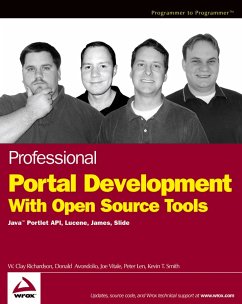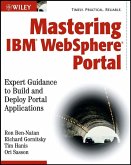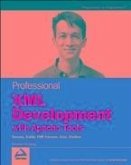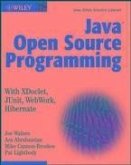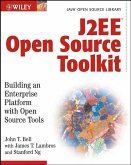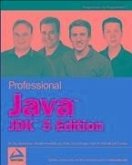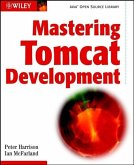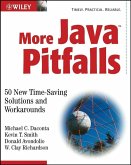What is this book about? Open source technology enables you to build customized enterprise portal frameworks with more flexibility and fewer limitations. This book explains the fundamentals of a powerful set of open source tools and shows you how to use them. An outstanding team of authors provides a complete tutorial and reference guide to Java Portlet API, Lucene, James, and Slide, taking you step-by-step through constructing and deploying portal applications. You trace the anatomy of a search engine and understand the Lucene query syntax, set up Apache James configuration for a variety of servers, explore object to relational mapping concepts with Jakarta OJB, and acquire many other skills necessary to create J2EE portals uniquely suited to the needs of your organization. Loaded with code-intensive examples of portal applications, this book offers you the know-how to free your development process from the restrictions of pre-packaged solutions. What does this book cover? Here's what you will learn in this book: * How to evaluate business requirements and plan the portal * How to develop an effective browser environment * How to provide a search engine, messaging, database inquiry, and content management services in an integrated portal application * How to develop Web services for the portal * How to monitor, test, and administer the portal * How to create portlet applications compliant with the Java Portlet API * How to reduce the possibility of errors while managing the portal to accommodate change * How to plan for the next generation application portal Who is this book for? This book is for professional Java developers who have some experience in portal development and want to take advantage of the options offered by open source tools.
Dieser Download kann aus rechtlichen Gründen nur mit Rechnungsadresse in A, B, BG, CY, CZ, D, DK, EW, E, FIN, F, GR, HR, H, IRL, I, LT, L, LR, M, NL, PL, P, R, S, SLO, SK ausgeliefert werden.

